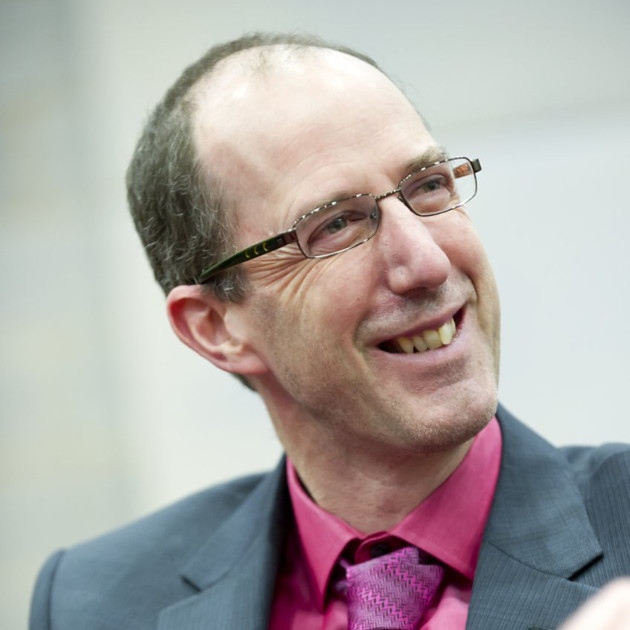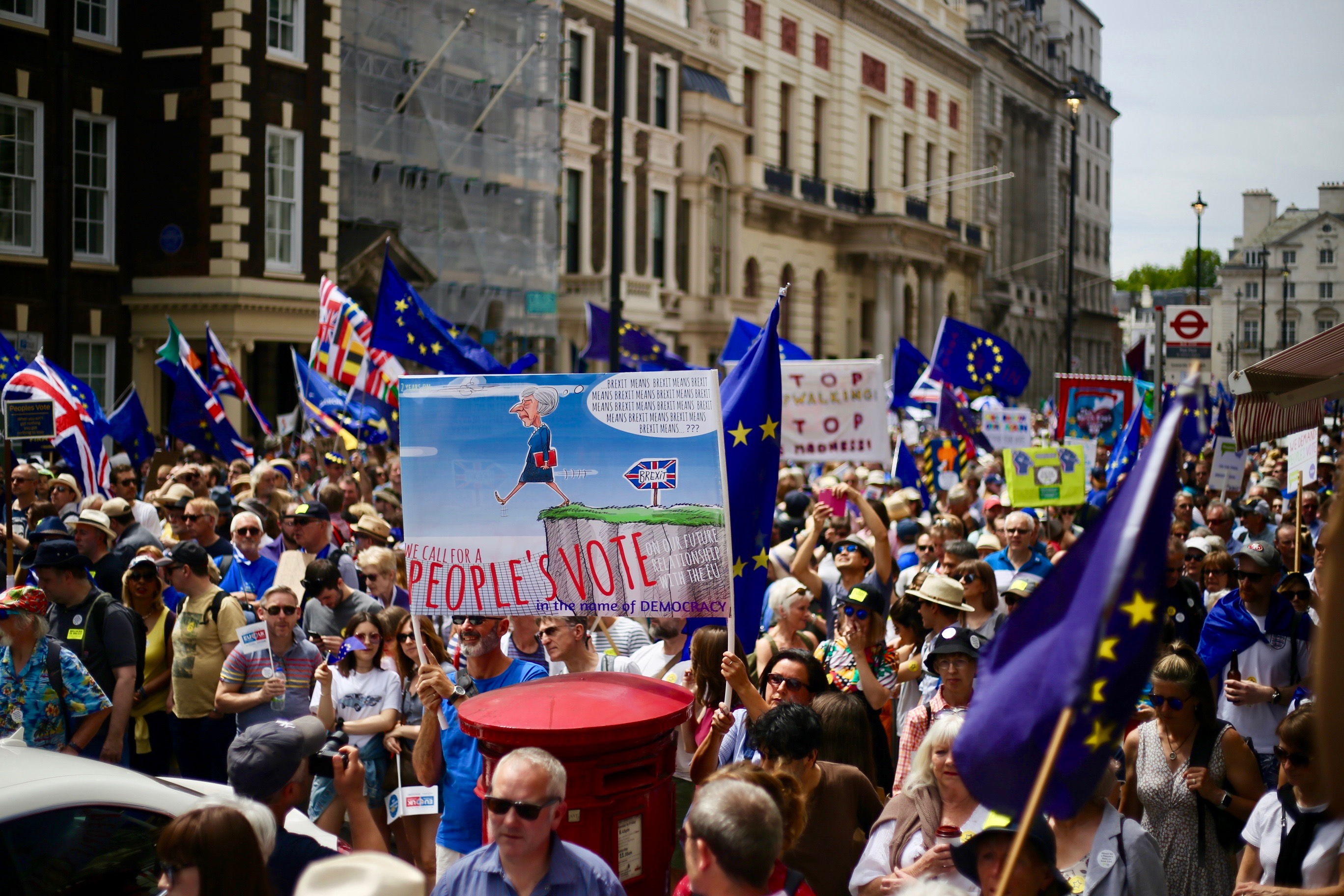The University of East Anglia’s Vice Chancellor, Professor David Richardson, sets out his views on the UK and the EU on Eastminster.
We can all expect the next four months to be full of sound and fury as the media and politicians generate sound bites, column inches and a sea of blogs around the respective campaigns for the Remain or Leave camps in the EU referendum.

“Should the United Kingdom remain a member of the European Union or leave the European Union?”
-Remain a member of the European Union
-Leave the European Union
As individual citizens, we’ll all have to make our own decisions as to whether we chose Remain or Leave but where do we stand as a university?
I believe we need to consider the vital role the EU plays in supporting our world-class universities. My view is that inside the EU, we are better able to collaborate with partners from across Europe to carry out research. In the EU, the UK is a more attractive destination for global talent, ensuring that our students are taught by the best minds from across Europe. This has a direct impact on our economy, driving growth, generating jobs and ultimately improving people’s lives.
On the Norwich Research Park (NRP) our partners include the John Innes Centre, the institute of Food Research, The Genome Analysis Centre, the Sainsbury Laboratory and the Norfolk and Norwich University Hospital and together we have one of the highest concentrations of researchers in food, health and the environment in Europe.
The EU has played a hugely important part in this success, through direct funding and through supporting the mobility of researchers. This enables us to take a trans-national approach to addressing major global challenges including climate change, food security, water security and energy security.
Co-operative training and exchange networks such as COST Actions, and Marie Sklodowska-Curie training networks have provided important opportunities for hundreds of UEA and NRP scientists to develop networks around Europe, and through this, beyond Europe because our partnerships in Europe draw in partnerships from outside Europe.
I personally benefited hugely from these when I was developing my early career research. I am still a partner in a Marie Sklodowska-Curie training network now that addresses the role of bacteria in the production and consumption of greenhouse gases.
I’m in no doubt that developing a global educational experience is increasingly important for our students in an increasingly global world.
To this end, Erasmus agreements, in particular have provided thousands of UEA students, particularly at undergraduate level, with just such an experience.
At present UEA has over 70 partners in 22 countries across the EU. This gives us huge reach across Europe. We should not put at risk our partnership in the Erasmus scheme at a time when it is essential that we present a global educational offer to our students.
Overall, UEA has more than 60 ‘live’ EU research projects running, with a value of nearly £20m but perhaps more importantly bringing us together with more than 400 partners- huge international reach that also brings in non-EU partners keen to work with major European partnerships.
We are also a major international centre for climate change studies and are the European Hub of Future Earth, a global network of scientific projects working across the natural and social sciences on critical global change and sustainability issues.
This will bring many of the world’s top researchers in the field into the UK. But, it is unlikely that a UK base for this European hub would have been chosen if the UK had not been in the EU.
The benefits of the freedom of exchange and collaboration amongst our UK and EU researchers, lecturers and students cannot be underestimated in ensuring UEA and other UK HEIs remain retain our enviable positions as globally significant and agenda setting institutions.
There is plenty to consider:
– Around 10 per cent of UEA students and staff are from other EU countries
– For UEA, EU research income has accounted for c 13 per cent of our total research income in each of the last two years
– Over 125,000 EU students are studying in the UK
– Over 200,000 UK students have studied in Europe through the Erasmus scheme
– Students from the EU contribute £2.27 billion to the UK economy and support 19,000 jobs in the UK
While no-one is suggesting that UK universities couldn’t survive outside the EU, leaving would mean cutting ourselves off from unique support and established networks and would undermine the UK’s position as a global leader in science, arts and innovation.
In a world where many of the challenges we face are global, from climate change to cancer, it is more important than ever that we break down barriers to working with international partners to share expertise and knowledge.
Both UEA and UK Universities are in the Remain camp. The evidence shows that our universities will be significantly stronger and more effective at meeting global challenges if we stay in the EU.
This blog originally featured on the University of East Anglia Vice-Chancellor’s Blog





